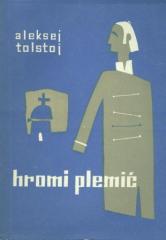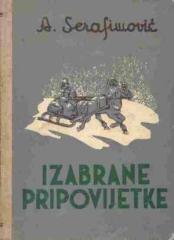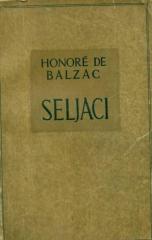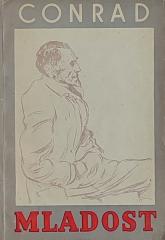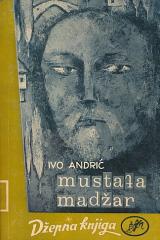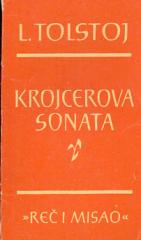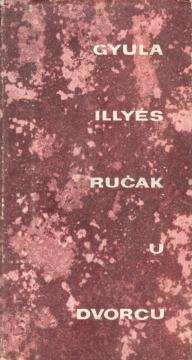
Ručak u dvorcu
Lunch in the Castle (1962) by Gyula Illyés is a satirical novella that, through humor and sharp social criticism, depicts class differences and the hypocrisy of the aristocracy in Hungary between the two world wars.
The story takes place over lunch in a luxurious castle, where members of the upper class gather, including counts, intellectuals and their guests. The main character, a young journalist, observes the events with a mixture of fascination and cynicism, noting the absurdity of the behavior of the host and guests.
Illyés skillfully uses lunch as a metaphor for social hierarchy and moral emptiness. The conversations at the table, filled with superficial topics, false politeness and subtle rivalry, reveal the emptiness of the aristocratic world. The novella ridicules the pretentiousness of the elite, their alienation from reality and their inability to cope with changes in society. The young journalist, as an outsider, becomes the voice of the author, who, through his sharp remarks, criticizes class inequality and the decay of the old order.
The style is lively, with elements of irony and witty dialogues, while Illyés's ability to record social nuances makes the work universal. Lunch at the Castle subtly reminds us of the transience of power and the importance of authenticity, leaving the reader with a bittersweet depiction of human vanity.
No copies available
The last copy was sold recently.
